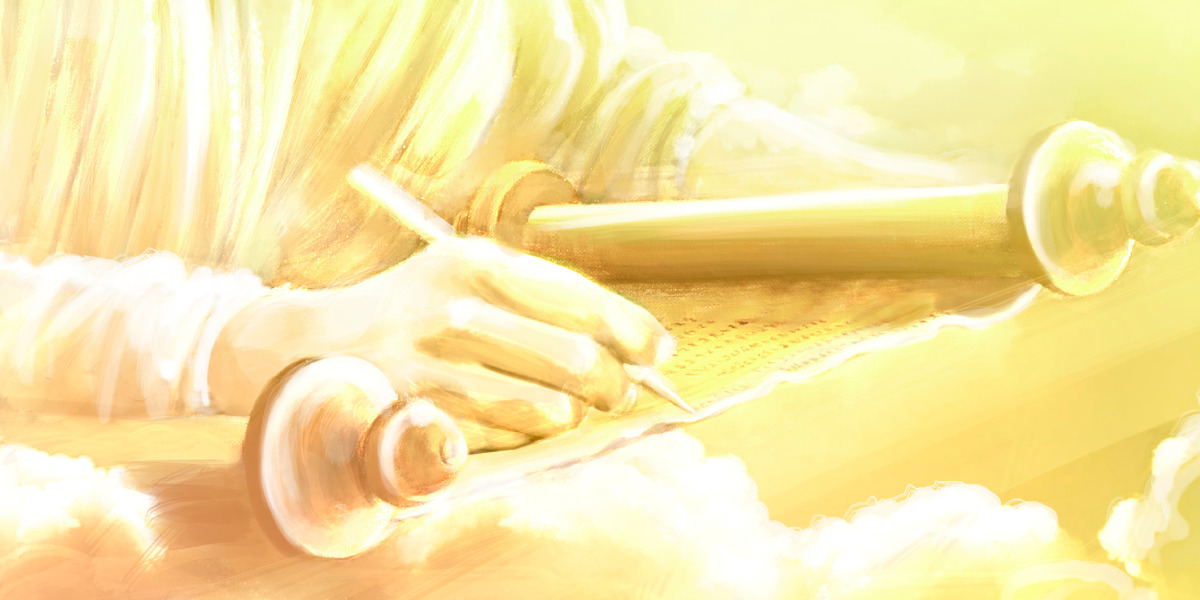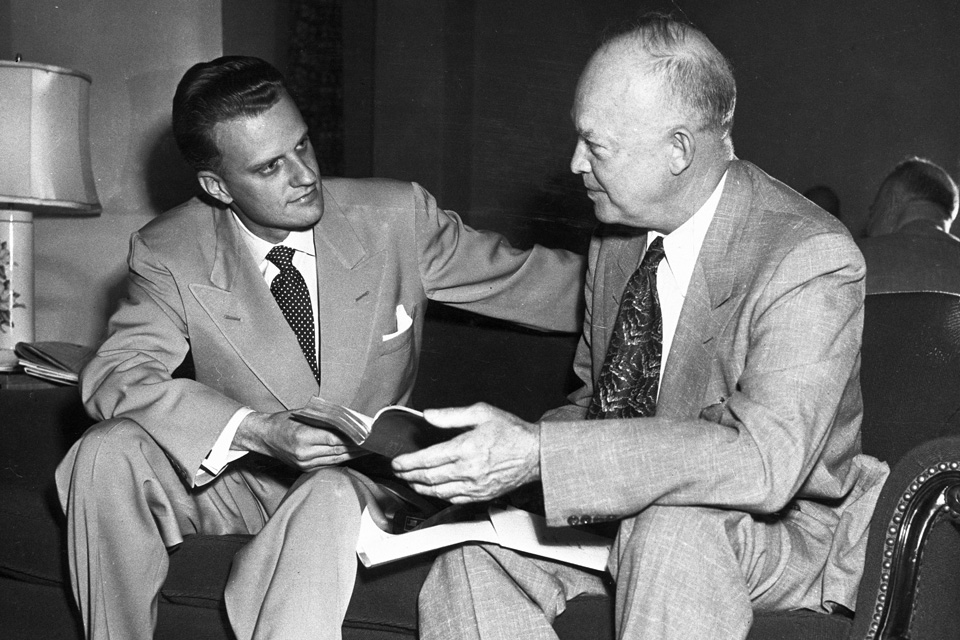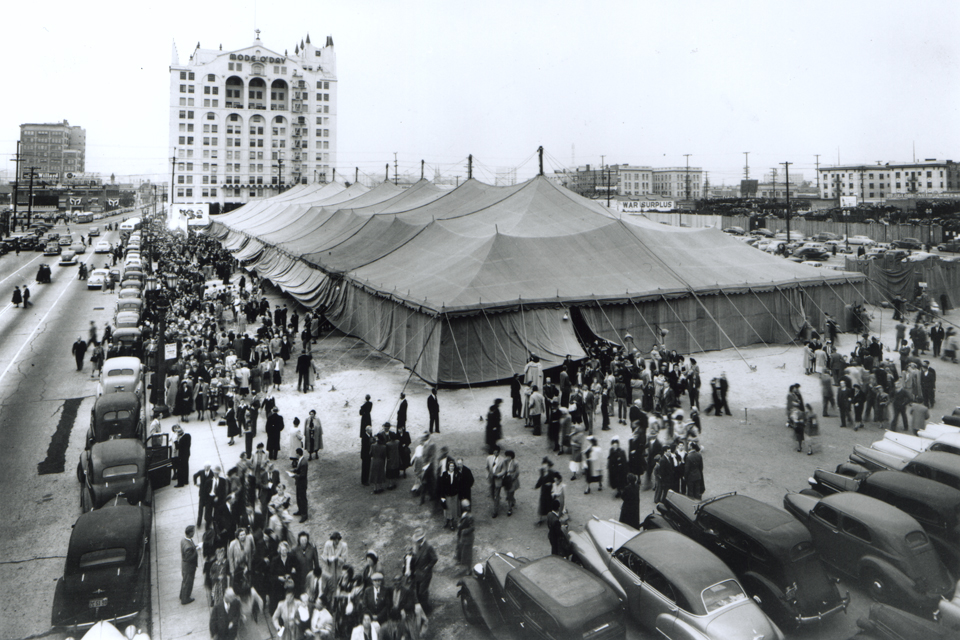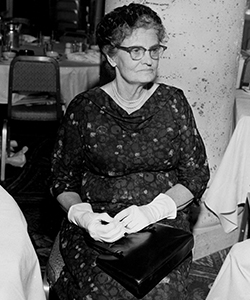
12 And I saw the dead, great and small, standing
before the throne, and books were opened. Then another book was opened, which
is the book of life. And the dead were judged by what was written in the books,
according to what they had done. (Rev.
20:12)
When the wicked are judged
at the Great White Throne they will be measured against several standards. In
fact, we are told that God has several books in his heavenly library. In Rev.
3:5, Christ promises the faithful believers at the church of Sardis, “The one
who conquers will be clothed thus in white garments, and I will never blot his name out of the book of life. I will confess
his name before my Father and before his angels.” This is an allusion to the so-called,
“Lamb’s Book of Life,” where God is keeping a record of all who have placed
their faith in Christ.
The Roman cities in Jesus’
day had a register that listed the names of every citizen. If people committed
crimes or dishonored their standing in the city, they could be called before a
tribunal to have their names removed—or blotted out—from the city’s registry.
It seems that this is the concept behind the Book of Life as well. The names of
all the people ever born were originally contained within its pages, but those
who rejected Christ have their names deleted.[1]
Along with the book of
life, we also read about other books being opened at this judgment.
The question that arises
from this passage is what are the other books that will opened?
·
Romans 2:15-16
speaks of Christ judging the secrets of men. This suggests that one day the
human conscience may play a role in judging the sinner. The conscience is not
an infallible guide to what is right and wrong, but when the conscience is
violated it shows an attitude of sin that could be brought against the sinner.
·
Matt. 12:36-37
speaks of Christ judging the words of men. As the saying goes, “If you give a
man enough rope, he will hang himself.” This appears to be another book that
could be brought against sinners as they will be judged by their own words.
·
Matt. 16:27
speaks of Christ judging men by their works. “For the Son of Man is going to
come with his angels in the glory of his Father, and then he will repay each
person according to what he has done.”
I recently read an article in USA Today about tech-giant Google.
According to their stats, Google processes on average 40,000 search queries
every second, which translates to over 3.5 billion searches per day and 1.2
trillion searches per year worldwide.
If that wasn’t staggering, get this—Did you know every
Google search you’ve ever performed is stored on the search giant's servers? With
that mountain of information, Google can tell a lot about you: where you live,
your hobbies, age, health problems, religion and more.
Of course, Google uses
that data mostly to target you with ads. But the point remains, anything you’ve
ever done on a computer with Google is instantly recorded and can be recalled.[2]
Now the folks at Google
are smart, but they are not omniscient like God. What Google can do pales in
comparison to Almighty God. The Lord has the facts on everyone who’s ever lived
and He is keeping an accurate record so that one day He can render a verdict
that right and true.
Erwin Lutzer adds, “Think
of how accurately God will judge every unbeliever! Each day of every life will
be analyzed in minute detail. The hidden thoughts and motives of each hour will
be replayed, along with all the actions and attitudes. The words spoken in
secret will be made public for all to see. They will have no attorney to whom
they may appeal, no loopholes by which they can escape. Nothing but bare,
indisputable fact from a perfect Judge.”[3]
What about you? Will your
name be found in the “Lamb’s Book of Life?” The Bible solemnly warns, “If
anyone’s name was not found written in the book of life, he was thrown into the
lake of fire” (Revelation 20:15). Like the old hymn says, you can make sure
that “when the roll is called up yonder” you will be there by repenting of your
sins and trusting in Christ alone for salvation. -DM
[1] David Jeremiah, Agents
of the Apocalypse (New York: Faith Words, 2014), 259.
[2] Kim Komando, “How to Protect Your Privacy on Google,” USA Today, 17 May 2013
<http://www.usatoday.com/
story/tech/columnist/komando/2013/05/17/google-maps-duckduckgo-web-history/2155759/>
[3] Erwin Lutzer, One
Minute After You Die (Chicago: Moody Press, 1997), 110.



